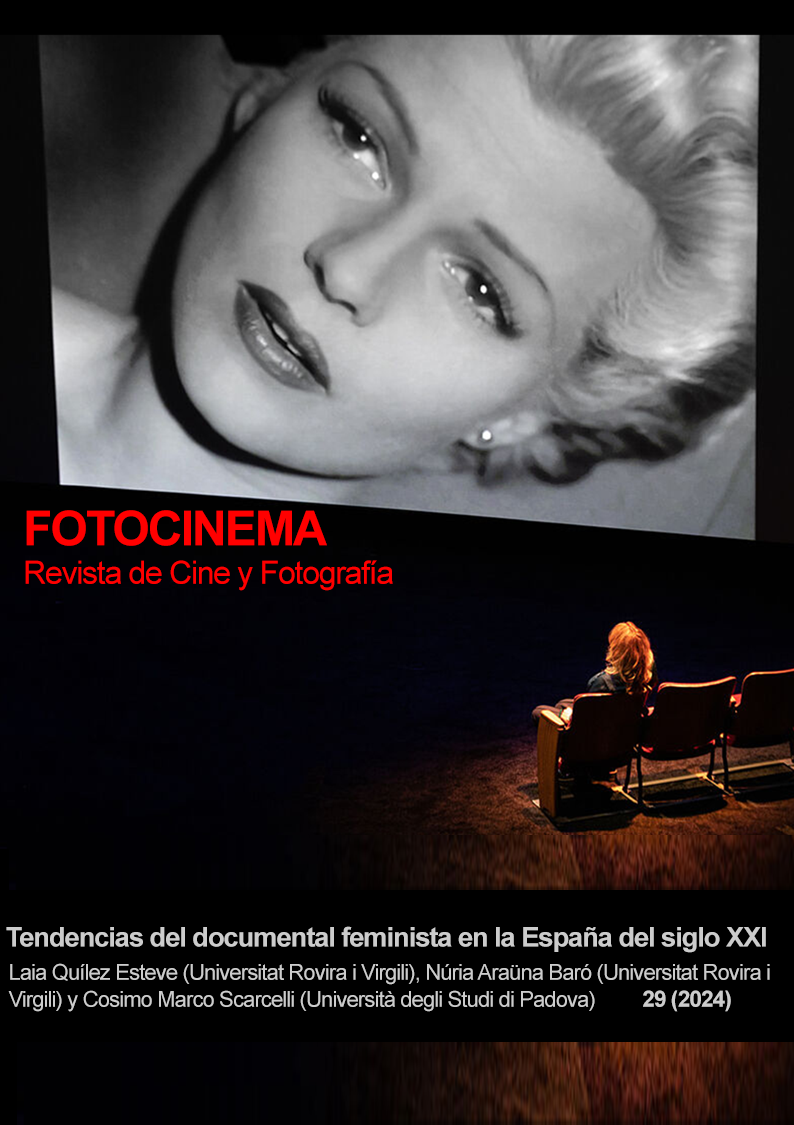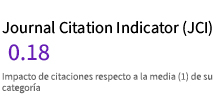Belén Funes’s cinema: strength and tenderness of marginal stories
Keywords:
Committed cinema, Female protagonist, female filmmakers, Female Directors, Young Barcelona filmmakersAbstract
In her works, Sara on the Run and A Thief's Daughter, Belén Funes demonstrates socially committed cinema without resorting to a progressist pamphlet. Her stories feature a young female protagonist, whom she films with a closely-following camera. Despite facing adversity and precariousness, the characters do not elicit pity or complacency. They are independent and move forward, surrounding themselves with good people, without idealizing poverty or presenting a magical solution that alters their situation.
Belén Funes belongs to a new generation of authors from Barcelona, Catalonia, Spain, and Europe, including Clara Roquet, Roser Aguilar, Elena Martín, Carla Simón, and Justine Triet. They tell stories of autonomous women, who deal with real problems in urban centers and rural environments, from a feminist perspective, but who are also seen by the male audience. Her next work is set in the olive trees of Jaén, from where the inhabitants, as in the city, are also expelled.
Downloads
Metrics
Downloads
Published
How to Cite
Issue
Section
License
Copyright (c) 2024 Ludovico Longhi, Ezequiel Ramon-Pinat

This work is licensed under a Creative Commons Attribution-NonCommercial-NoDerivatives 4.0 International License.
All contents published in Fotocinema Revista científica de cine y fotografía are protected under the Creative Commons Attribution-NonCommercial-ShareAlike 4.0 International (CC BY-NC-SA 4.0) license. All about this license is available in the following link: <http://creativecommons.org/licenses/by-nc-sa/4.0>
Users can copy, use, redistribute, share and exhibit publicly as long as:
- The original source and authorship of the material are cited (Journal, Publisher and URL of the work).
- It is not used for comercial purposes.
- The existence of the license and its especifications are mentioned.
There are two sets of authors’ rights: moral and property rights. Moral rights are perpetual prerogatives, unrenounceable, not-transferable, unalienable, imprescriptible and inembargable. According to authors’ rights legislation, Fotocinema. Revista científica de cine y fotografía recognizes and respects authors moral rights, as well as the ownership of property rights, which will be transferred to University of Malaga in open access. The property rights are referred to the benefits that are gained by the use or the dissemination of works. Fotocinema. Revista científica de cine y fotografía is published in an open access form and it is exclusively licenced by any means for doing or authorising distribution, dissemination, reproduction, , adaptation, translation or arrangement of works.
Authors are responsable for obtaining the necessary permission to use copyrighted images.









13.png)



